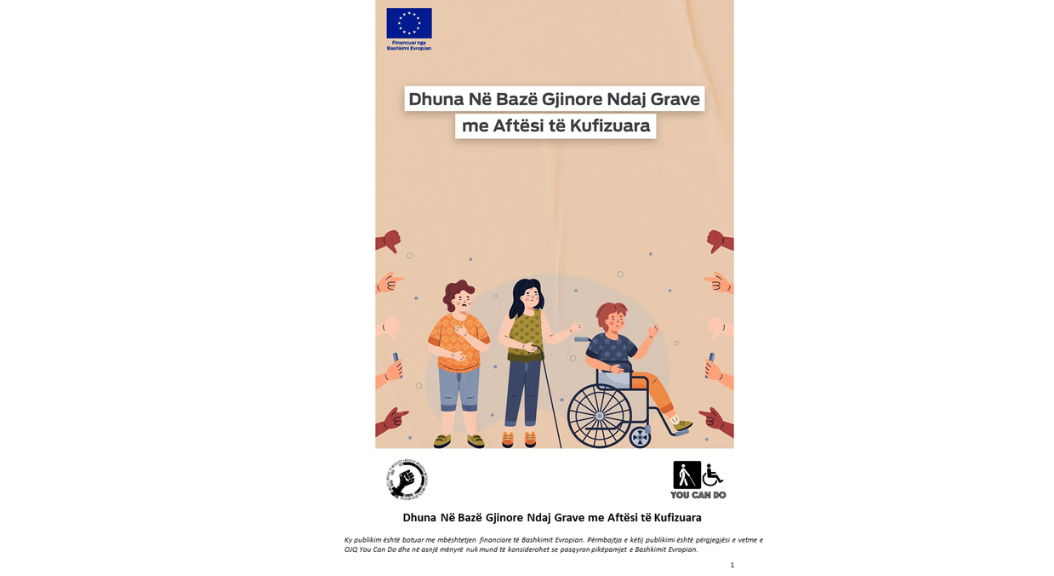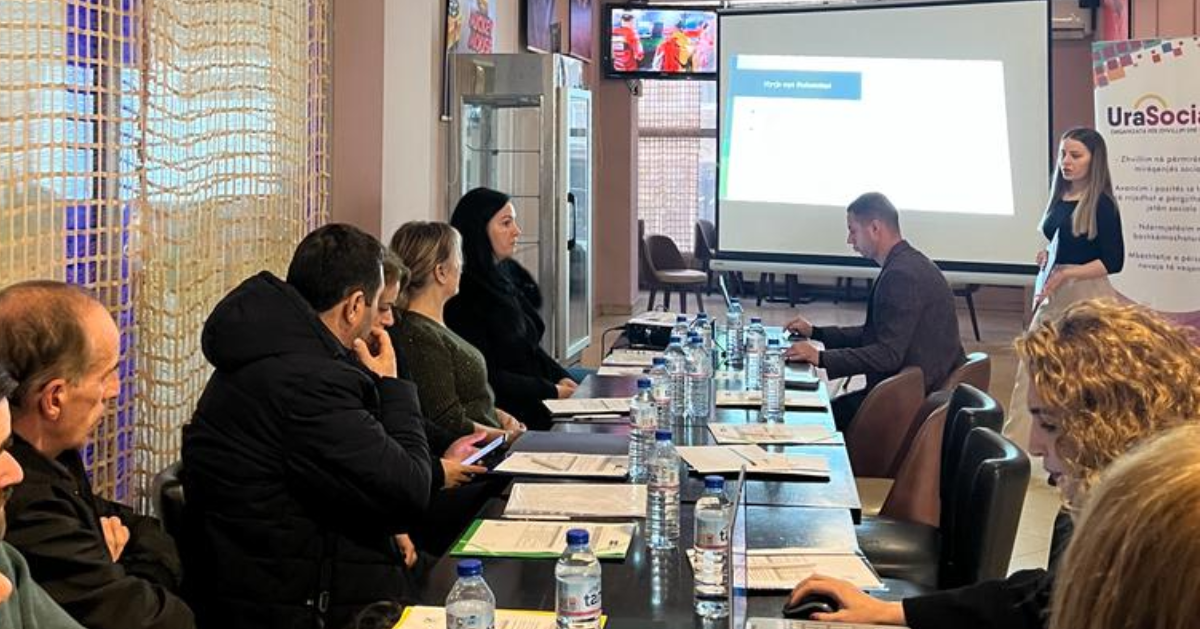The member organization of the Kosovo Women’s Network (KWN), You Can Do, highlights gender-based violence against women with disabilities through an analysis.
In the summary of the document, the analysis examines the current situation and existing problems in Kosovo. It emphasizes that women with disabilities encounter significant challenges and experience dual discrimination in relation to gender-based violence. Consequently, it underscores the necessity for a targeted approach to addressing this issue at the individual, institutional, and societal levels, as stated in the policy summary titled “Gender-Based Violence Against Women with Disabilities.”
There are 28,611 individuals with disabilities residing in the Republic of Kosovo. Among them, 58% are women and 42% are men. People with disabilities face higher rates of unemployment, economic inactivity, and lack of social support compared to the general population.
Women with disabilities face dual discrimination as they encounter not only gender-based discrimination but also face barriers and prejudices rooted in their disability. This combination of discrimination further restricts their access to education, employment, healthcare, and social services, exacerbating their challenges and limitations.
Women and girls with disabilities are three times more likely to experience gender-based violence compared to women without disabilities.
This violence often originates from family members, intimate partners, caregivers, and institutions. The perpetrators of such violence are frequently identified as family members or caregivers.
“You Can Do” aims to enhance awareness and provide education to women with disabilities regarding their rights. Additionally, there is a need for improved implementation of the existing legal framework and policies to ensure their protection.
The summary of this analysis was conducted within the scope of the initiative “Promoting state mechanisms that women and girls with disabilities live life free of sexual abuse.”
This project is supported by Kosovo Women’s Fund (KWF) within the KWN initiative,
“Enhancing the Capacities and Resilience of CSO’s: Furthering Gender Equality Amid the COVID-19 Pandemic, financed by the European Union (EU) in Kosovo. For the complete document, please access it through this link.







